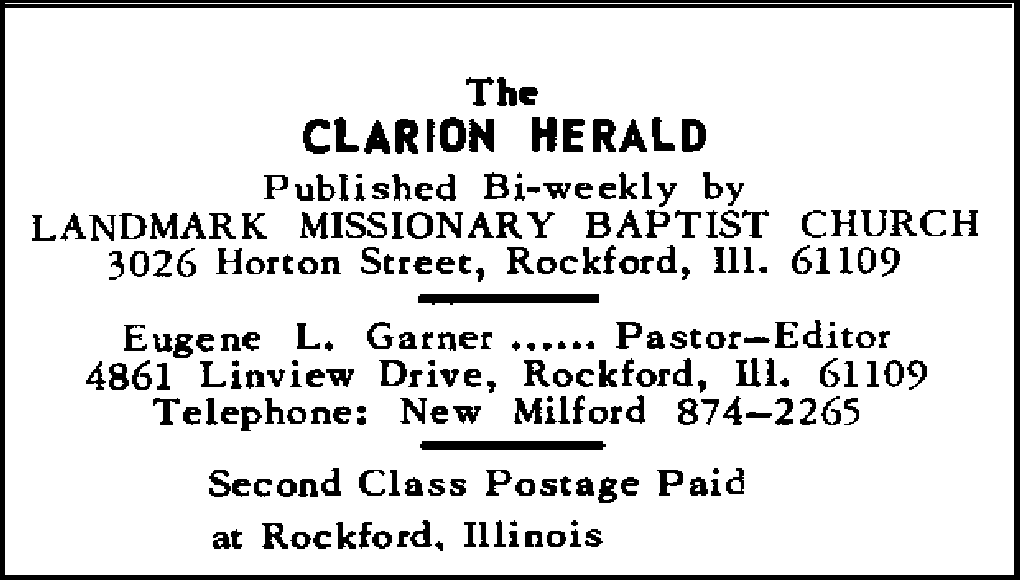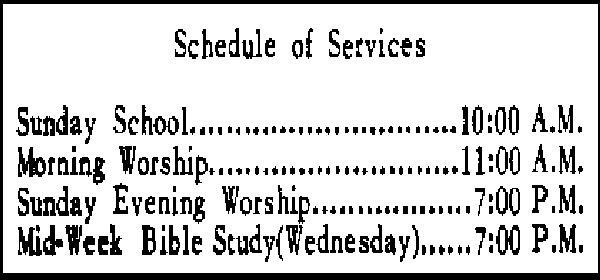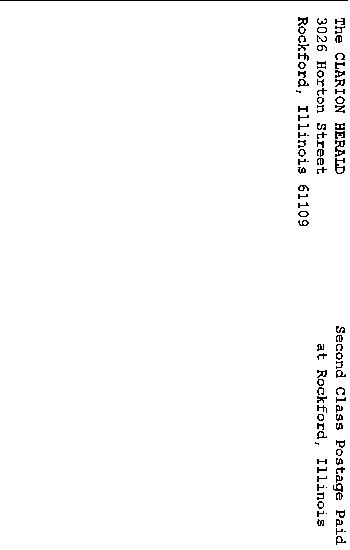
|
 |
 |
 |
|
 
|
|
|
GREATER THAN SOLOMON!
Except for the beloved David, a man "after God's own heart", who first united Israel into a single Kingdom and led her to the zenith of glory, no King of Israel had been more universally respected than Solomon. Inheriting a large empire from his Father, Solomon was able to maintain and extend it thru friendly alliances and by the maintenance of a formidable army. However, his reign was relatively peaceful -- involving no major military campaigns.
A master sage, Solomon has been celebrated in folk literature more than any other man (with a possible exception of Alexander the Great). Tales of his intellectual prowess and magical powers found in Jewish Arabian and Ethiopian literature are almost innumerable. As an iron ruler he stirred up much resentment in Israel, but this was overshadowed by his skill as an enterprising merchant whereby he led the covenant nation to a position of ascendancy far above that of her former antagonists.
It is entirely possible that the visit made to Solomon by the queen of Sheba involved a commercial purpose. Israel was in a strategic
|
|
|
|
position -- enabling her to control the Southern trade routes on land and sea. This posed a serious
threat to the Sabaeans in Southwest Arabia. Of this queen of Sheba Jesus said: "The queen of the south shall rise up in the judgment with this generation, and shall condemn it: for she came from the uttermost parts of the earth to hear the wisdom of Solomon; and, behold a GREATER THAN SOLOMON is here", (Matt. 12:42). Jesus drove home the point that the Gentiles recognized and extolled the wisdom of Solomon. But the covenant nation is rejecting the wisdom of Him Who is "Greater than Solomon" -- adding, to the magnitude of her sin.
GREATER THAN THE PATRIARCHS,
PROPHETS AND KINGS
Jesus clearly implied that He was greater than David who recognized Him as "Lord". It is certain that the New Testament writers considered Him far superior to the beloved king whose throne He was destined to re-estab1isb, and from which He would conduct a rule of universal righteousness.
Nor is there any attempt to hide His superiority over Moses, the lawgiver. "Ye have heard ... But I
|
|
|
|
|
Page - 2
say" -- this was the constantly recurring phrase in His Sermon on the Mount. He spoke with authority and finality. There is a very marked contrast between Moses "Thus saith the Lord", and Jesus "But I say unto you".
The Jesus of the Gospel records was no weakling, characterized by personal timidity. Rather, He spoke in such a manner as to cause the Samaritan woman to inquire: "Art thou GREATER than our Father Jacob"? (Jn. 4:48).
Prompted by His assertion that "If a man keep my saying, he shall never see death", the Jews asked, "Art thou greater than our father Abraham, which is dead, and the prophets are dead: whom makest thou thyself?" (John 8:53).
Jesus persistently refused to allow His enemies to prod Him into the exaltation of Himself. He said: "It is my Father that honoreth me". Nevertheless, He said to them "Your father Abraham rejoiced to
|
|
|
|
see my day: and he saw it, and was glad .. Verily, verily, I say unto you, Before Abraham was, I AM", (John 8:56, 58). The response of the Jews indicates that they understood the implication Of those words only too well. Recognizing this as a claim to deity, they "took up stones to cast at him", but He miraculously escaped their rage.
GREATER THAN THE ANGELS
Shocking as it may seem to some, Jesus Christ represented Himself as being the LORD OF ANGELS -- whose commands they obey. His angels will be dispatched to gather out of His kingdom "all things that offend", (Matt. 13:41). He will come "in the glory of his Father with HIS ANGELS" (Matt. 11:27; 25:31; Mk. 8:38). His angels will "gather together his elect ... from one end of heaven to the other", (Matt. 24:30-31).
The angels of God are considered HIS angels (Lk. 12:8-9; 15:10); the Kingdom of God, HIS kingdom (Matt. 12:28; 21:31, 43; 25:31-34); the elect of God, HIS elect (Matt. 12:20; Lk. l9:7 cf. Rom. 8:33; Col.3:12).
Only a DIVINE being can be exalted above the angels. Such superiority was clearly claimed by the Lord Jesus Christ and preached by His disciples.
THANKS, BRETHREN!
The pastor's family deeply appreciates the warm gesture of your love, on June 1, in an abundant food shower. May the Lord bless each of you richly for this generosity! EG
|
|
|
|
|
LORD OF THE SABBATH
One of ancient Israel's most precious and sacred institutions was the Sabbath. Its importance is suggested by the teaching of scribal law that Adam was created on the sixth day in order that his life might be started off right by observing the Sabbath on the first day after his creation.
Though the Scriptural law of the Sabbath was contained in four verses (Ex. 20:8-11), the scribal law (long before Jesus' birth) became so involved that the scribes alone could know its requirements. Not until the third Christian century was this oral law committed to writing. What God stated concisely in 10 commandments was enlarged (in the English translation of the Michna) to nearly 800 pages. Still unsatisfied, the scribes wrote commentaries on the various tractates of the Mishna, which they called Talmuds. The Jerusalem Talmud contains 12 printed volumes; the Babylonian runs to 60.
In the Mishna there runs a series of statements, which define what (in Pharisaic tradition) constituted WORK enough to violate the Sabbath law. A swallow of milk, enough honey to cover a sore, oil sufficient to anoint the smallest member (And there was no need to wonder what that was; the Mishna defined it as the little toe of a child one day old), ink enough to write two letters of the alphabet, water enough to rub off an eye plaster, sand enough to cover a plasterer's trowel, sufficient leather to make an amulet, a pebble large enough to
|
|
|
|
Page - 3
throw at a bird --- anything that weighed as much as two dried figs was; in the tradition of the fathers, HEAVY ENOUGH TO CONSTITUTE A BURDEN; therefore, a breach of the Sabbath-law. Needless to say, the weight of human tradition had become unbearable! That which had been ordained of God for man's good was actually being used to his hurt. The Sabbath was made for man; not man for the Sabbath.
In His confrontation of the Pharisees, Jesus showed that they had completely misunderstood and misrepresented the Old Testament commands. In their legalistic contrivances they had made the observation of the Sabbath FAR MORE RIGOROUS than His Father had ever intended. He was in agreement with the prophets that God, not man, must determine how the Sabbath was to be observed. No one would more perfectly obey the Father's law than He. Yet, it appears from the Gospel records that Jesus determinately FLOUTED Pharisaic and Scribal tradition by His Sabbath deeds!
It was no sin to do good on the Sabbath day. Nor was it wrong to eat on that day -- even if it were necessary to pluck corn as one ate it. Healing was a work of mercy, and the Lord of the Sabbath would show Himself merciful --- even on the Sabbath, (John 5:l-l8; Lk. l3:10-17; 14:1-6).
Without hesitation, in what He surely knew would only meet with hostility from the Jews, Jesus declared Himself to be "LORD OF THE SABBATH", (Mark 2:28).
Is He YOUR Lord & Saviour?
|
|
|
|
|
A WORD OF THANKS
I deeply appreciate the readiness of brethren here at Landmark to assist in the services in my absences recently. Brethren Glen Nunally, Danny Easterline and Ben Ward conducted the services while I was leading in a revival effort at the Rock Hill West Monroe, Louisiana. And Bro. Jesse Wade is conducting the service on Wednesday of this week as my family is attending the Fellowship Meeting at Arvada, Colorado. It is a joy to have such brethren as are willing to share the load -- enabling me to proclaim the Word of God in other places.
-- Your Pastor
|
|
|
|
HIS MULTIPLYING TOUCH
He might have turned the stones
to bread,
Who once had made the water wine;
Or called the manna down from heaven
To show His power divine.
But "Give YE them to eat", He said,
And took the young lad's little
store;
Though scarce enough for one it
seemed,
He blessed and made it more.
And so He let them share with H1m
His joy, His work of feeding men,
And all they gave Him He returned
A thousand fold again.
Here in the wilderness today
The starving nations wait for
bread;
And still, He saith, Give unto them
And let the world be fed.
What matter though our loaves be
few,
Alike the little and the much,
When HE shall add to what we have
His multiplying touch?
Bring Him thy bread, though scant
it seem
To satisfy thy daily need;
When He shall take & bless & break,
The hungering world may feed.
-- Annie Johnson Flint
*************
It is amazing how much God can do with so little when one fully yields himself to divine direction -- willing that all the glory belong to the Lord. Where is YOUR Glory? In YOURSELF? or IN HIM??
|
|
|
|
|
 |
 |
 |
|




